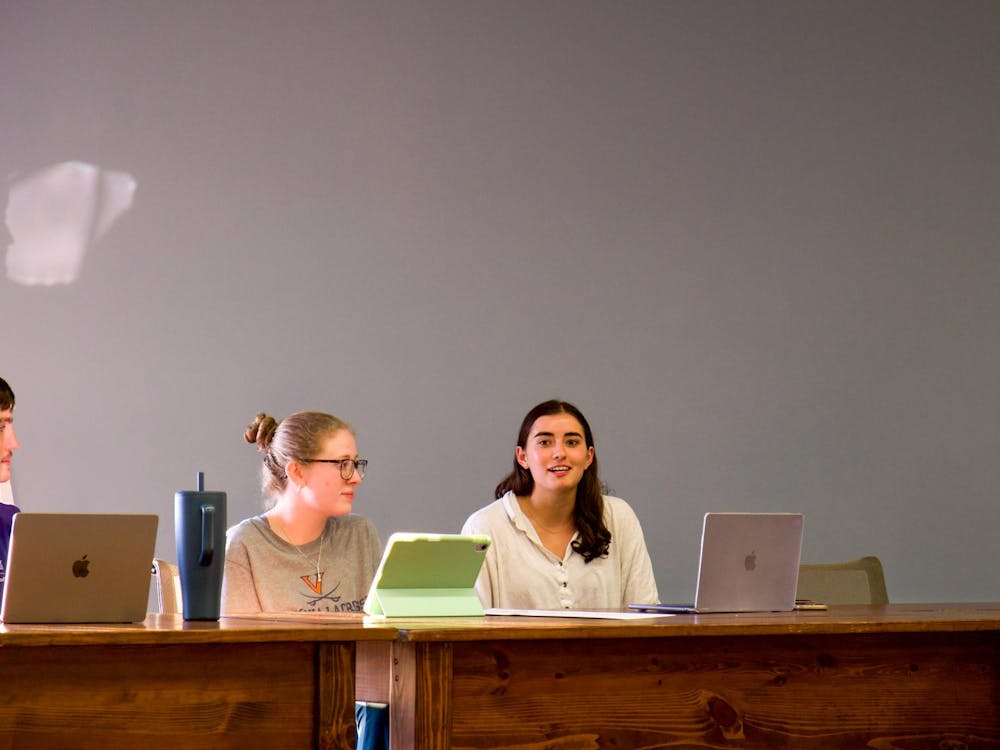Charlottesville’s City Council voted last night to support a policy that would prohibit the city’s Retirement Commission from investing in companies that support the Sudanese government. Council also authorized several other measures, including an agreement to increase the local sales tax in order to fund and create a new Regional Transit Authority.
The Sudan-related divestment policy will prohibit the Retirement Commission from investing in companies that do not meet certain criteria, said fourth-year College student Laura Harris, president of Students Taking Action Now in Darfur.
“We don’t have investments in Darfur according to the conditions of the resolution,” Council Member David Brown noted. “By setting this policy, it means that we won’t in the future, either.”
Harris said STAND approached Council last spring and made a formal proposal asking that Council consider passing a resolution supporting divestment. Council expressed interest in STAND’s idea initially and voted last night to make it a formal policy of the city, she noted.
Harris also added that while divestment is a policy not to be enacted lightly, it has been used in the past, for example, in the 1980s by international entities that wanted to use their influence to end apartheid in South Africa.
Harris said the proposal presented to Council last night disallowed investing in companies that provide revenue to the Sudanese government through business, offer little benefit to citizens outside the government or demonstrate complicity in the Darfur genocide.
Companies that meet one or more of these criteria may be excluded, however, from the investment ban if their activity in Sudan is shown to improve Sudanese society in some way or if it distributes general consumer goods, Harris said. She noted that this policy is similar to the University’s own divestment policy regarding Sudan.
The Sudanese divestment policy will expire in 2011 unless City Council renews it before then, Harris added.
Council also voted unanimously to authorize $48,500 for the purchase of new voting machines for the upcoming presidential election, and furthermore agreed to support a proposed 1-percent increase in the current sales tax to fund a Regional Transit Authority.
According to Mayor Dave Norris, the revenue generated by the increase in the tax would work to solve or improve local transportation issues, such as public transportation and public roads and bridges, which are currently in limbo because of recent decreases in state funding. The tax increase was chosen over a “grab-bag” approach wherein the city would tax various constituencies at varying rates to raise the same amount of money as projected by the increased sales tax.
Council member Julian Taliaferro said he favors of the sales tax increase because it also would affect tourist sales, not just local businesses. Meanwhile, fellow City Council member Satyendra Huja said the “grab-bag” approach would make more people unhappy than the sales tax because it reaches into tax areas not covered by the sales tax.
Council was also scheduled to discuss approval of policies for the future use of housing affordability funds and the issue of affordable housing in general; however, Council rescheduled that discussion for the first meeting in October. Council members did not comment on the reason for the schedule change.






